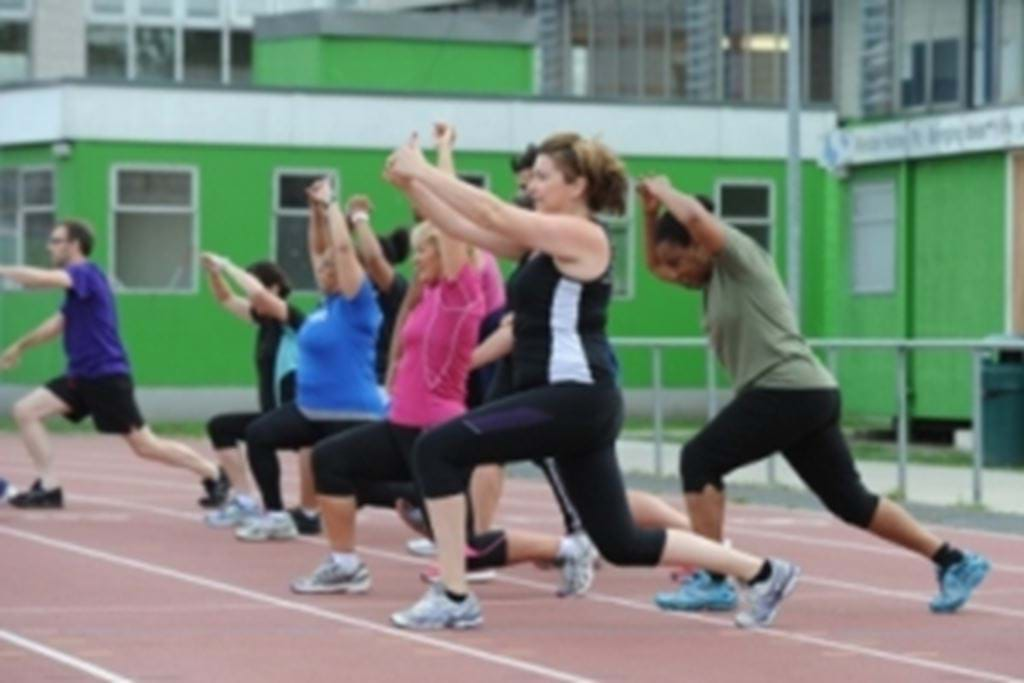World Mental Health Day
10 October 2013

World Mental Health Day takes place today (10 October 2013). Promoted by the Mental Health Foundation, World Mental Health Day this year focuses on older adults.
The Mental Health Foundation says that about one in four of us will have a mental health problem at some point in our life and most of us go through times when we feel down.
Research shows that exercise can be as effective as anti-depressant medication in treating mild to moderate depression, which is why exercise therapy is available on prescription in many areas, and joining your local running group would be the perfect way to use exercise to combat these issues.
Running can:
- Boost self-esteem, raise self-worth and improve confidence
- Promote good sleep patterns
- Provide a meaningful activity
- Offer a chance to meet people, especially by joining a group
- Be something that you really enjoy
On 9 September, a report released by the English Federation of Disability Sport (EFDS) revealed that people with mental health issues are less engaged with sport and physical activity. EFDS’s study explored disabled people’s lifestyles and their participation in physical activity. The research highlights some stark findings for people with mental health issues.
People with mental health issues are much less likely to be engaged in sport compared to people with other impairments:
- Only 56% stated that they enjoyed the last time they played sport compared to 78% of people with other impairments.
- Only 46% see playing sport or being active as important compared to 69% of people with other impairments.
- Only 35% enjoyed PE at school compared to 51% of people with other impairments.
- Only 28% think of themselves as a sporty person compared to 52% of people with other impairments.
- The expense of sport is a significant barrier to participation for people with a mental health issue.

As well as the barriers to sporting participation, the research also highlights a number of opportunities for policymakers and sports providers:
- Unlike people with other impairments who take part because it is fun, the main reason people with mental health issues take part in sport or physical activity is to improve their health.
- Taking part in sport and physical activity alone is much more common among people with mental health issues, who are twice as likely to take part alone (53%), compared to than other impairments (24%).
- People with mental health issues seek sport and physical activity opportunities which require minimal commitment- something which is flexible that focuses on fun and enjoyment that they can take part in alone.
At Run England, we recognise the contribution that running can play in supporting wellbeing and mental health. So on world mental health day we are encouraging everyone in the world of running to find out more about mental health by visiting www.mentalhealth.org.uk/help-information or looking at some of the publications listed below:
- Mental Health Foundation ‘Let’s Get Physical’
- Mental Health Foundation ‘Look After Your Mental Health Using Exercise’
- Mental Health Foundation’ Up and Running; How exercise can help beat depression’
We also want to promote running to people with mental health conditions by sharing the benefits listed above and encouraging running groups to share the information they learn with other members.
For more information, or to get involved in World Mental Health Day, visit www.mentalhealth.org.uk/our-work/world-mental-health-day.
More news from RunTogether




